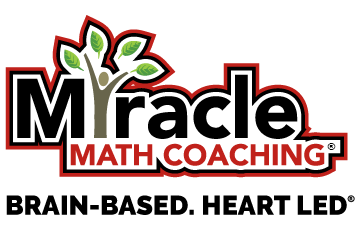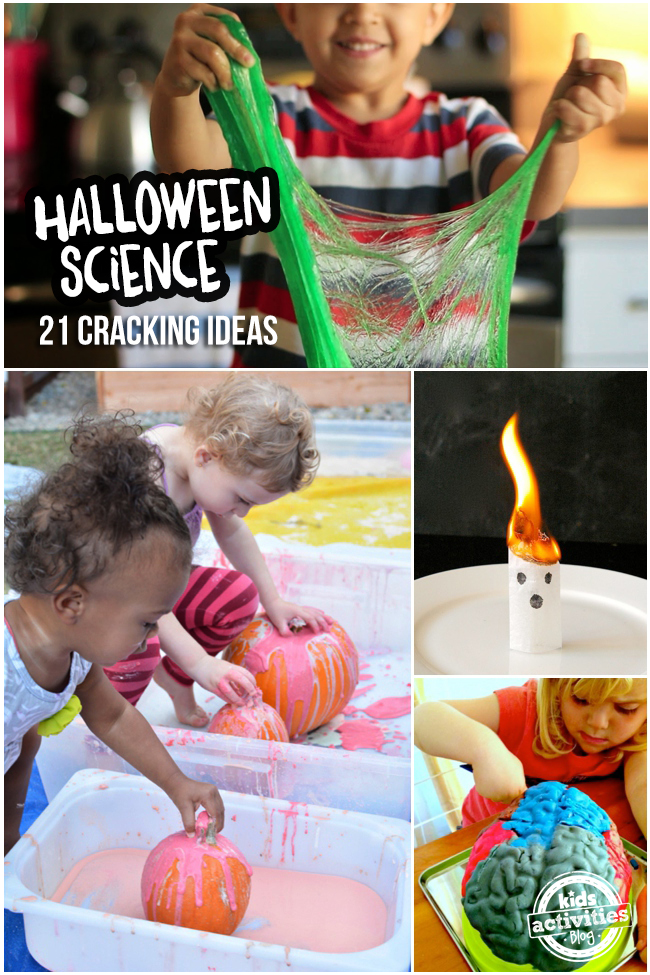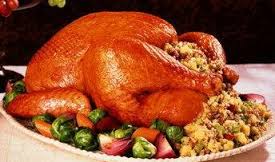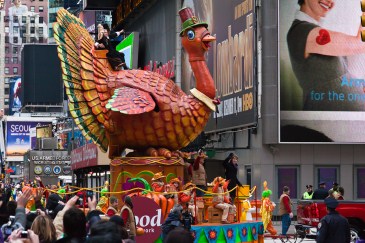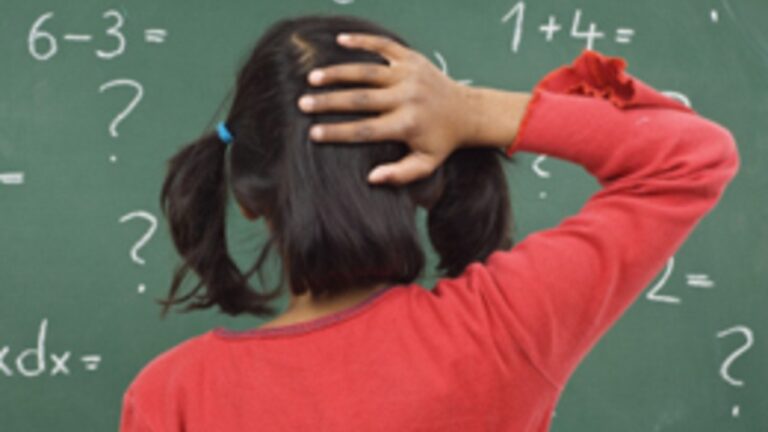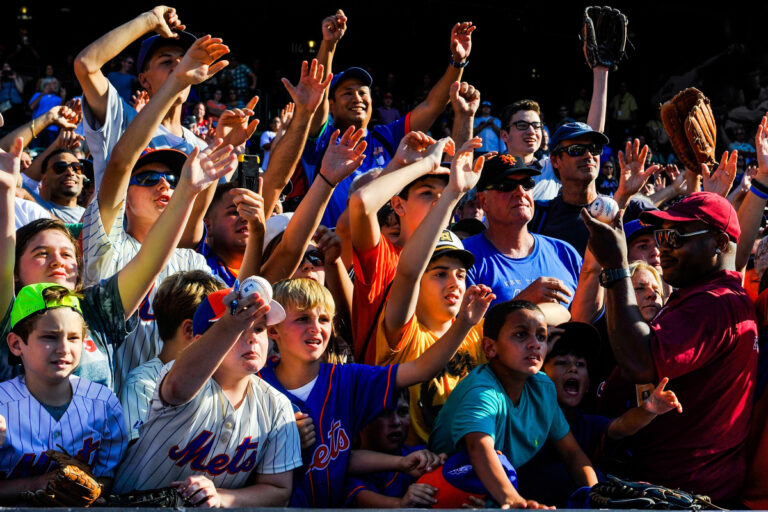Five Ways to Use Sports to Boost Your Child’s Mathematics’ Ability
By Deanna Hurn, Founder and Executive Director of Miracle Math Coaching
If your children love football or live for basketball (Go, Warriors!), you have a ready-made tool for helping them with Math. One of the key components of Miracle Math Coaching is finding out what students are passionate about. For some, it’s playing an instrument, while others enjoy video games. And for still others, nothing beats running down the field or the court.
I’ve nurtured my daughters’ interest in sports . They all are currently run track and are consistently seeing themselves make progress beating their own times each week. Creating Math problems are easy for track and field: What is the average time of the team in the 50-yard-dash? How many seconds does a runner have to shave off her time to set a record? If she ran her favorite race five times back-to-back, how long would it take her (given her average time per race)?
Whether you’re raising an aspiring professional athlete or a child who just loves to throw around the ball at recess, you have a great opportunity to sneak some math into their game. For specific ways you can use sports to help with Math, check out these tips from the blog, “Reading Eggspress:”
1. Keeping Score. Many children enjoy keeping score during a sporting game. Encourage your child to add together scores while playing or watching competitive sports such as basketball or football. You can set up a scoreboard in your backyard or use simple pen and paper to keep a tally during a game. If your child is feeling confident, they can even keep score of other factors, such as strikes and fouls, or the number of innings in a baseball or cricket match.
2. Heads or tails. Kick off your game with a coin toss and introduce your child to the concept of chance and probability. Probability tells us that for a single coin toss, there are two possible outcomes – heads or tails – so the chance of getting either one is 1 in 2, or 50%. You can also record the result of each coin toss over the course of a few weeks and experiment with probability and chance together.
3. Geometry. Many sporting games involve a lot of geometry, which provides a great opportunity to talk to your child about geometrical concepts. Observe the different shapes of the fields, as well as different lines and markings. At what angle should a player kick or hit the ball? Why are different sporting fields shaped differently? Measure the distance of important field placements, like the distance between goals or the circumference of a basketball or netball rim.
4. Performance graphs. Whether it’s your child’s own sporting team or one they love to watch on the television, you can help them compare a team’s final stats versus other games in the year by creating a performance graph. This can be a fun ongoing activity that you and your child look forward to doing together. Older children may also attempt to average each player’s contribution, like scores, yards and hits, and calculate the probability of each player’s scoring potential using past scoring numbers.
5. Multiplication. Several sporting games such as rugby, cricket and basketball include a leveled scoring system, which provides a great opportunity to build your child’s multiplication skills. If your child loves basketball, encourage them to count how many one, two or three point scores they make and to record them on a chart. At the end of the game, help them add up their overall score using multiplication. For a more challenging activity, you can create your own point system which includes double digits.
Most importantly, remember to keep things fun and flexible. Over time, your little athlete will become a natural mathlete by continuing to apply their mathematical skills on the sporting field!
And, remember to check out Miracle Math’s affordable Brain-Based Math Adventure Camps, check out our summer camps webpage. And call 707-398-3474 to enroll today (press 0 when prompted to find out what spaces are still available. Space is limited to maintain quality. Allow your child to stride into the classroom this fall as a true Math Genius. We’ll make it happen!
